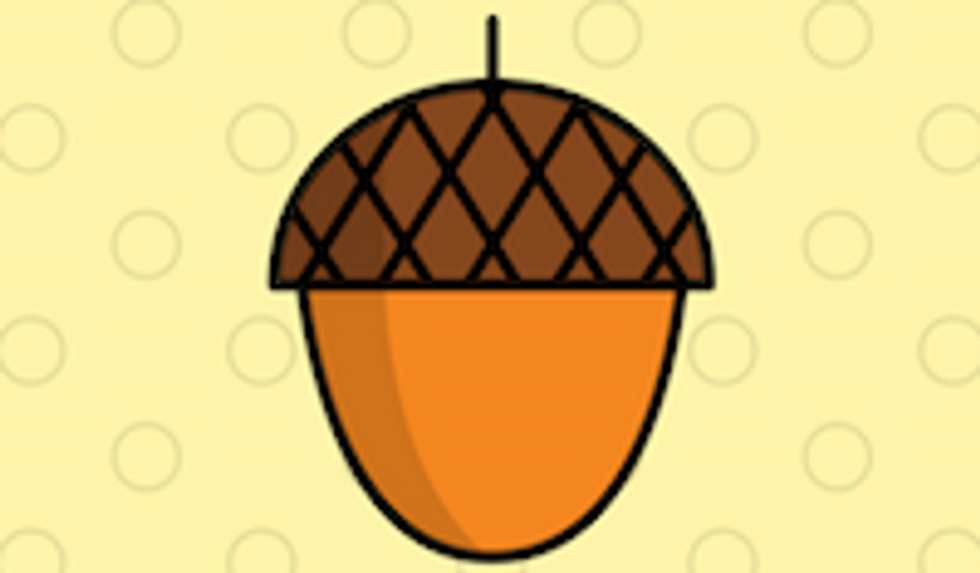Acorn squash is a winter squash, phenotypically named for its acorn-like shape. The most common variety wears a dark green skin which tends to contain one large orange marking. However, it also has a lesser-known sibling, the Golden acorn squash. This type wears a coat of glowing yellow skin. There are a series of distinctive longitudinal ridges on the outside of both variations. The interiors hold a sweet yellow-orange flesh and about 8 oz of pea-sized seeds. Below, I go over the immune-system-boosting vitamins and nutrients found in Acorn squash. These vitamins and minerals are also those that make up daily multivitamins. Due to its ability to act as a natural balancer and strengthener, a diet with a high intake of Acorn squash may decrease the risk of a number of serious medical conditions.
Click here to see instructions on how to safely cut and prepare an acorn squash!
Click here to view a delicious recipe for a Sweet Squash bake with Acorn squash and Pumpkin! Read all about the healthy benefits that come with Pumpkin here!
Vitamins
Vitamin C
As we know, vitamin C promotes the health of the immune and skeletal systems. This makes it a valuable soldier throughout the highly-dreaded cold season. Acorn squash is very good source of the valuable vitamin. A 1/2-cup serving of cooked acorn squash provides about 20 percent of the recommended daily vitamin C intake for a healthy adult.
Vitamin A
Although vitamin A isn’t an unusual vitamin to find in produce, it is a very beneficial one. It effectively protects the skin from pathogens and premature aging. The coinciding high levels of vitamin A and beta-carotene, found in Acorn squash, work to reduce oxidative stress in the eyes. This preventatively combats cataracts and macular degeneration.
Vitamin B1
B vitamins play a significant role in carbohydrate, fat and protein metabolism. In particular, vitamin B1 (thiamine) is responsible for transporting energy to cells in the body. This vitamin helps to reduce the risk of dementia, heart disease, and kidney related issues that occur with diabetes.
Vitamin B3
High quantities of vitamin B3 (niacin) are known to improve cholesterol levels while lowering one's risk of developing cardiovascular disease.
Antioxidants
Beta-carotene
As previously stated, Acorn squash contains high levels of the antioxidant beta-carotene. A diet rich in antioxidant-loaded foods is linked to a lower risk of developing cancer, neurological disorders, cardiovascular disease and diabetes. Recent studies also suggest that beta-carotene may prevent the development of age-related macular degeneration.
Minerals
Potassium
Potassium is a mineral necessary for life. It is required for the heart and kidneys to function normally. A 1/2-cup serving of acorn squash contains 13 percent of the recommended daily intake of potassium.
Magnesium
Magnesium strengthens bones and teeth. This can reduce one's risk of injury. It also aids in proper energy metabolism. A proper magnesium intake lessens one's chance of stroke, osteoporosis, depression and diabetes.
Dietary Fiber
A 1/2-cup serving of Acorn squash provides 5 grams of dietary fiber. This fulfills 18 percent of the recommended daily intake of fiber. The majority of acorn squash's fiber is soluble fiber, which helps regulate both glucose and cholesterol blood levels. A diet containing fiber-rich foods like acorn squash could help prevent stroke, heart disease, diabetes, obesity and gastrointestinal disorders.























